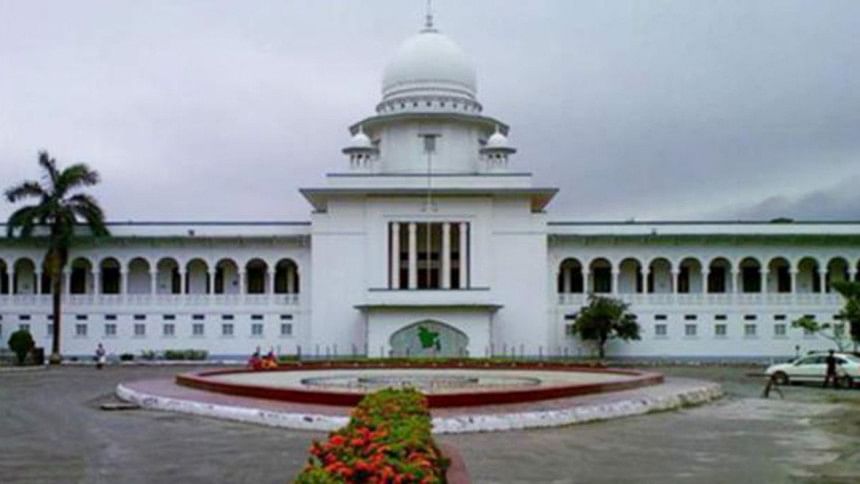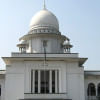HC questions legality of two sections under Digital Security Act

The High Court today questioned the legality of two sections under the Digital Security Act involving the publishing of false or intimidating information, and crimes and penalty for deterioration of law and order.
The court issued a rule asking the government to explain in four weeks why sections 25 and 31 of the Digital Security Act 2018 should not be declared unconstitutional.
Secretaries to the ministries of law, and information and communication technology have been made respondents to the rule.
The bench of Justice Sheikh Hassan Arif and Justice Md Mahmud Hassan Talukder came up with the rule, following a writ petition collectively filed by nine people.
The petitioners are Dhaka University teachers Mohammad Ismail, Md Kamruzzaman and Md Rafiqul Islam, journalist Mohammad Abdullah, Supreme Court lawyers Md Asad Uddin, Md Asaduzzaman, Md Zobaidur Rahman, Md Mohiuddin Molla and Md Mujahidul Islam.
They submitted the petition to the HC on January 19, saying the two sections of the Digital Security Act are hampering the freedom of expression and thought.
According to section 25 (1) of the act, "If any person using a website or any digital device-(a) deliberately or knowingly distributes any information or data that is attacking or intimidating in nature; or if a person publishes or distributes any information despite knowing that it is false to irritate, humiliate, defame or embarrass or to discredit a person.
(b) Damages the image and reputation of the state or spreads confusion or with the same purpose publishes or distributes fully or partially distorted information or data despite knowing that it is false, and if any one assists in such actions then all such actions of the individual will be considered a crime."
Section 31 says, "If a person deliberately publishes or broadcasts via a website or any digital platform anything that creates enmity, hatred or acrimony among different classes or communities, or upsets communal harmony, or creates unrest or chaos, or causes or begins to cause deterioration in law and order, then that activity of the said person will be considered a crime."
The writ petitioners said in the petition that sections of the law by imposing a blanket prohibition on publication of materials which may create hostility between communities or cause unrest or disorder or causes or is likely to cause any deterioration in the law and order situation violates the fundamental right of freedom of speech and expression guaranteed under article 39 of the constitution.
The sections have conferred arbitrary and uncontrolled powers upon the executive and the prosecuting authority to determine whether a particular act satisfies the vague and unspecified ingredients of offence and therefore, sections are liable to be struck down as being in violation of the constitution.
Barrister Imran A Siddique and Advocate Shishir Monir appeared for the writ petitioners.

 For all latest news, follow The Daily Star's Google News channel.
For all latest news, follow The Daily Star's Google News channel. 







Comments